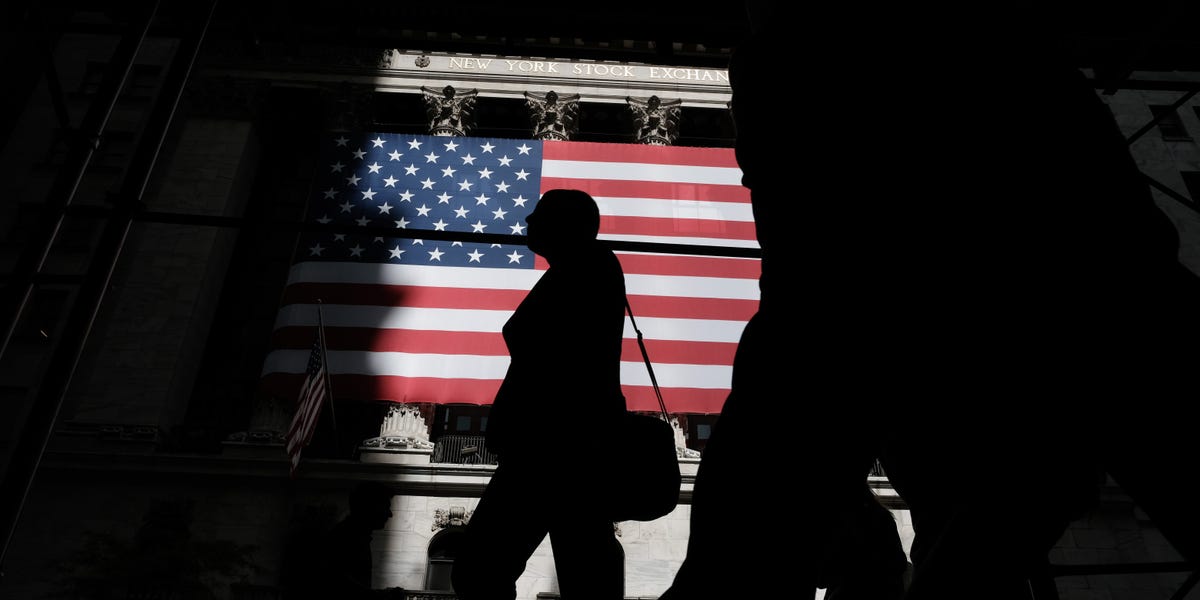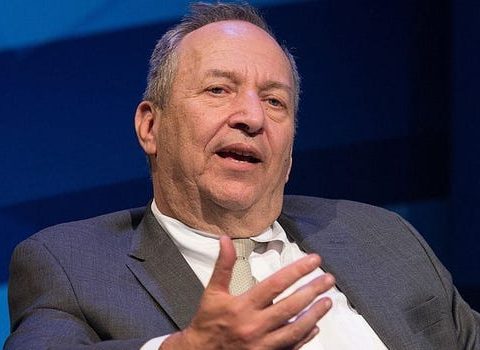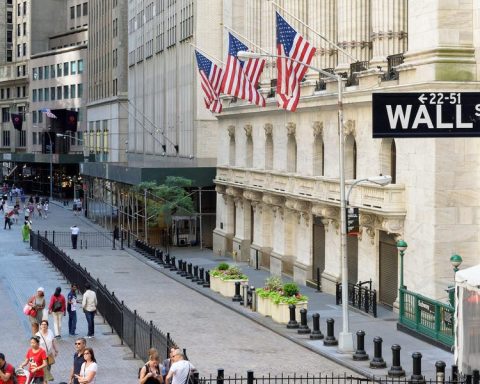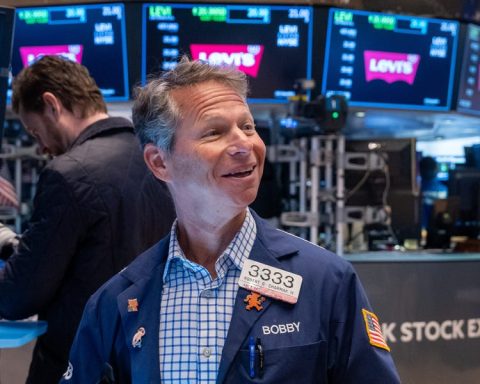Bullishness is on the rise among fund managers surveyed by Bank of America. However, an AAII survey indicates that everyday investors are the most bearish they have been since 2023. Large institutions are particularly optimistic about international markets. Retail investors and fund managers are observing the same stock market, yet they perceive it quite differently.
The latest Bank of America survey reveals that risk appetite among major investors has reached a 15-year high, with cash levels dwindling to the lowest since 2010. A significant 35% of managers reported being “overweight” in stocks compared to other investments, and 34% viewed global equities as the best-performing asset class for this year.
This level of optimism is notably absent among retail traders. The recent survey conducted by the American Association of Individual Investors (AAII) showed that 47.3% of investors harbor a bearish outlook for the next six months. The organization classified this figure as “unusually high,” nearing levels not observed since late 2023.
Although the S&P 500 surged by roughly 25% in the following year, investors now confront new challenges in 2025, such as policy disruptions and a rebound in inflation. Approximately 57% of respondents in the latest AAII survey expressed concerns that US tariffs would hamper growth and elevate prices. The Trump administration’s protectionist policies have fostered significant uncertainty in the markets in recent weeks, leading Wall Street to warn that a reciprocal trade conflict could adversely affect earnings among S&P 500 companies.
Bank of America noted that while a trade war is a primary concern among fund managers, it is perceived as merely a tail risk. A noteworthy 39% of those surveyed indicated that a scenario where reciprocal tariffs lead to a global recession is the most significant tail risk facing them.
On the brighter side, fund managers have plenty of reasons to be optimistic. Generally, the expectations for a global recession are at a three-year low, and 77% of respondents are preparing for US interest rate cuts this year. Investor optimism climbed in February to 6.4 from 6.1, indicating an upward trend, though it remains below what Bank of America described as the “frothy” levels of December.
Views on how US stocks compare to international markets have evolved. While large institutions remain eager to invest in stocks, 89% of survey participants believe US equities are overvalued, marking the highest sentiment since 2001. Many classified investments in US tech mega-caps as the market’s most crowded trade, with expectations that the EuroStoxx index will outperform the Nasdaq in 2025. Concurrently, optimism is growing regarding an acceleration of China’s economic growth this year.







